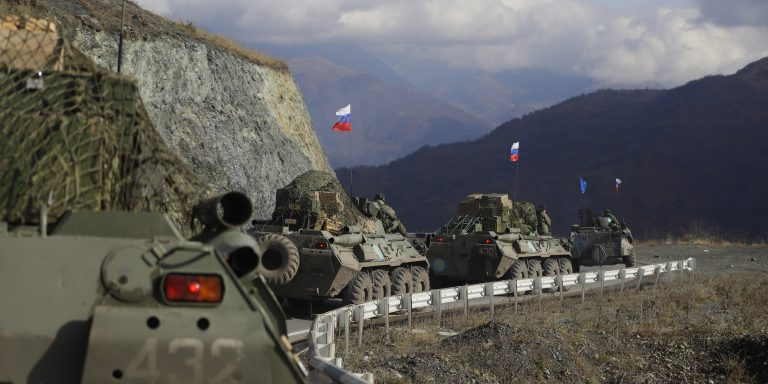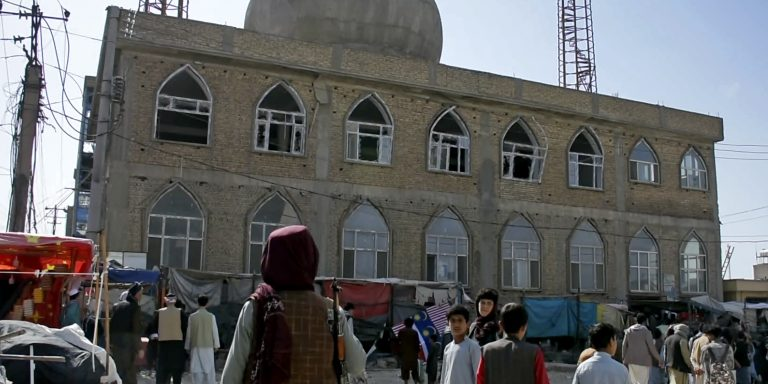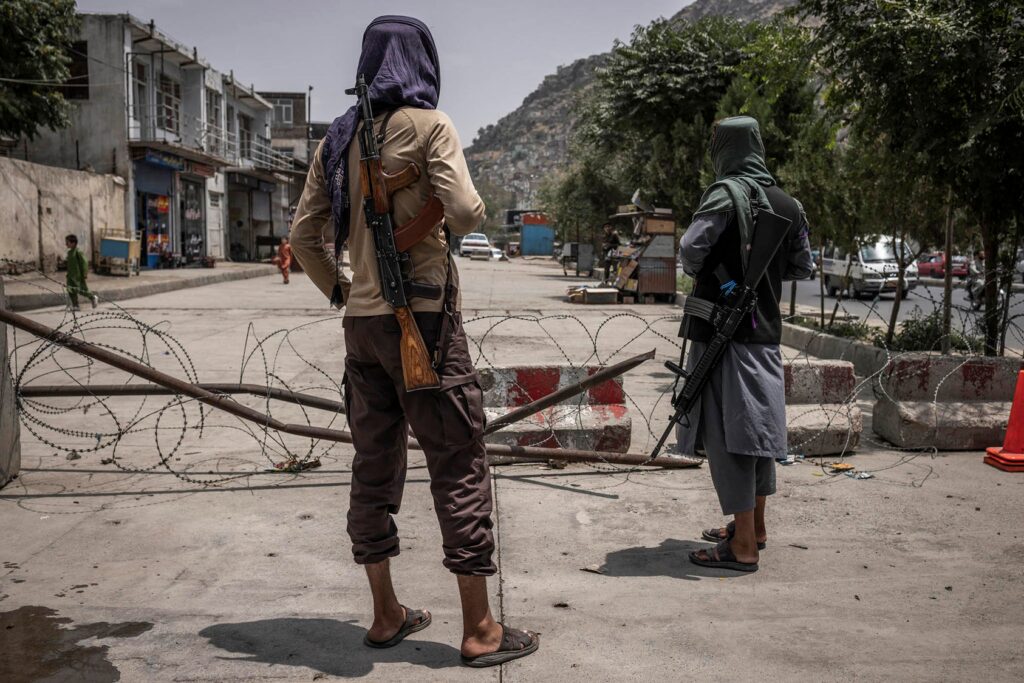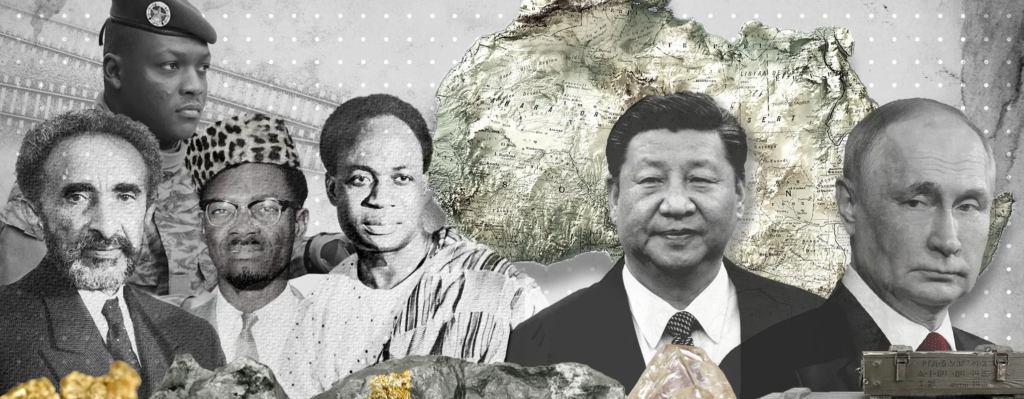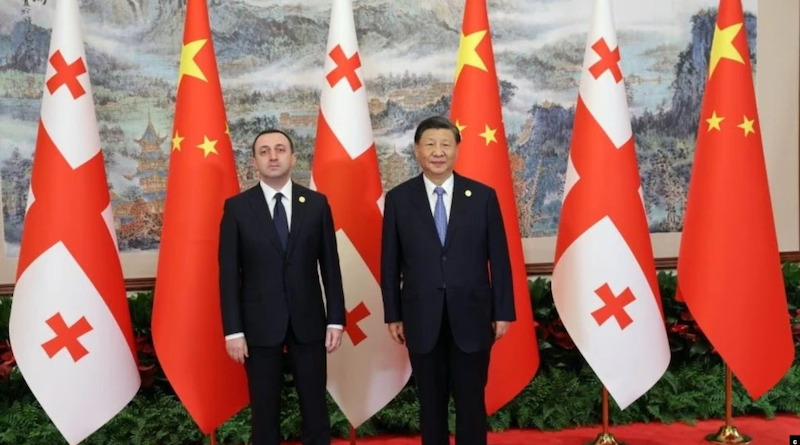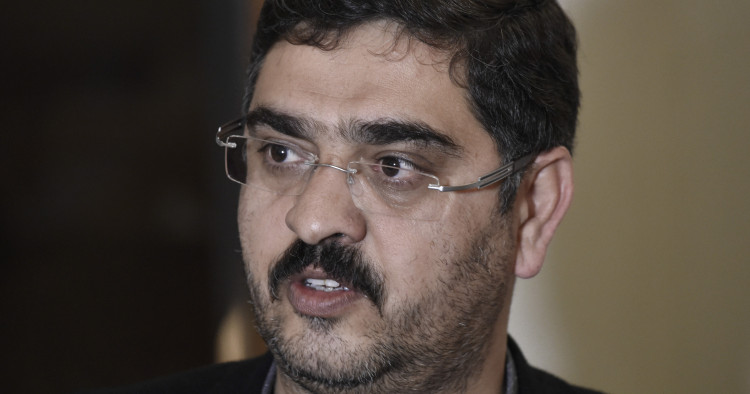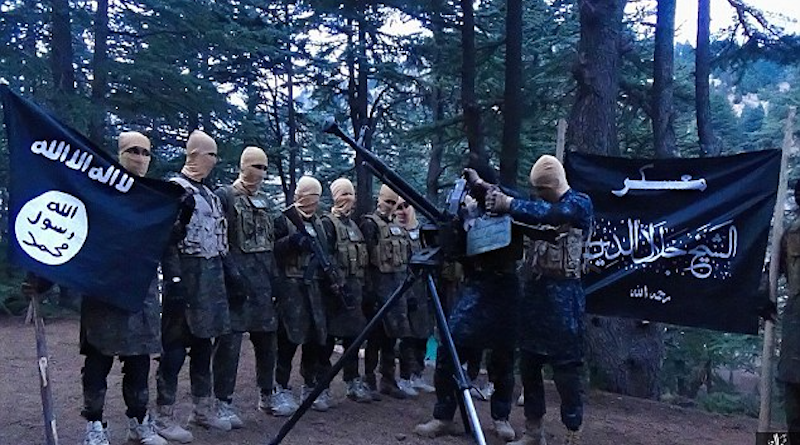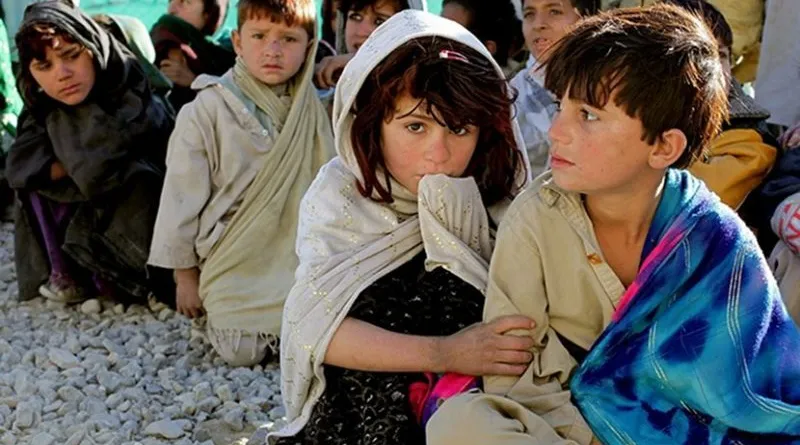The Kautilyan Legacy Of Spycraft And The India-Canada Diplomatic Row – Analysis
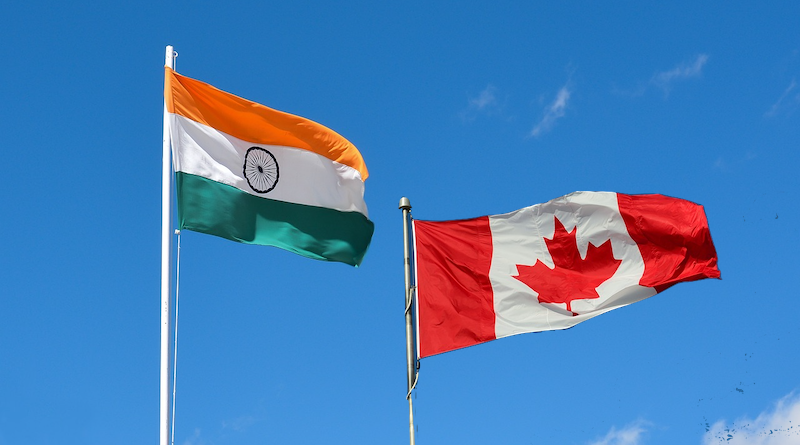
From a magically successful G20 Summit exemplifying trust management, consensus building, and diplomatic sophistication to being alleged of its agents’ involvement in the killing of a Khalistani separatist in Canada, New Delhi continues to draw the world’s attention. Though the allegations are still unsubstantiated and appear “absurd and motivated,” it is pertinent to throw light on the ancient practice of intelligence and espionage in India. If G20 was shepherded around the age-old concept of ‘Vasudhaiva Kutumbakam’, where might the legacy of India’s spycraft lie?


